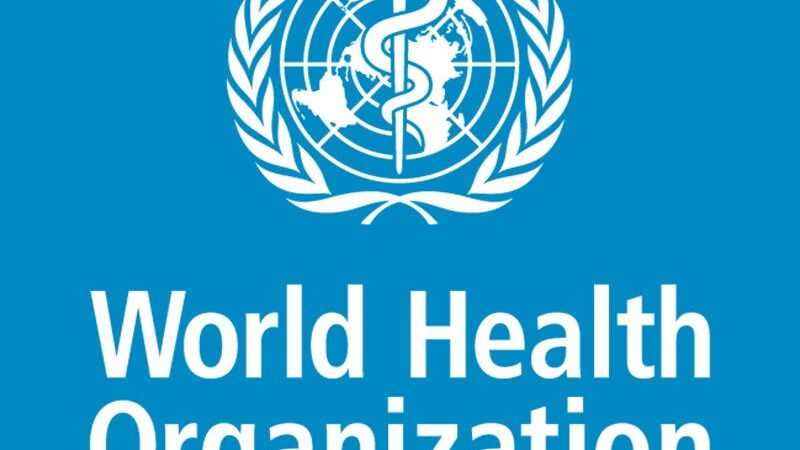
We are the directing and coordinating authority on international health within the United Nations’ system. We do this by: providing leadership on matters critical to health and engaging in partnerships where joint action is needed; shaping the research agenda and stimulating the generation, translation and dissemination of valuable knowledge; setting norms and standards and promoting and monitoring their implementation; articulating ethical and evidence-based policy options; providing technical support, catalysing change, and building sustainable institutional capacity; and monitoring the health situation and assessing health trends. Leadership priorities For each 6-year programme of work priority areas are identified where our leadership is most needed.
- Job Type: Full Time
- Qualification: BA/BSc/HND , MBA/MSc/MA
- Experience: 5 years
- Location: Not specified
- Job Field: Medical / Healthcare , NGO/Non-Profit
Under the direct supervision of the UCN Cluster Lead,
The incumbent will perform the following duties:
- Strengthen national malaria and other vector borne disease surveillance systems, including other health information systems for generation of strategic information for evidence-based targeting of malaria interventions for enhanced malaria burden reduction, through adoption, adaptation and application of relevant WHO norms and standards, guidelines, manuals and tools and appropriate technologies and e-platforms
- Ensure availability of quality data, and use of analytics for planning and decision making at national and sub-national levels
- Build capacity on the use of surveillance, monitoring and evaluation and other health data for malaria subnational tailoring of intervention using data triangulation for stratification
- Guide evidence-based targeting and micro-stratification at community or high-risk areas with appropriate antimalarial interventions.
- Monitor the impact of interventions, performance of programme at national and sub-national levels to guide programmatic strategies for enhanced impact.
- Contribute to documentation and publication of best practices on the use of available evidence for targeting interventions at national and subnational levels
- Undertake any other functions assigned
RECRUITMENT PROFILE
Competencies: Generic (Describe the core, management or leadership competencies required – See WHO competency model – list in order of priority, commencing with the most important ones)
Teamwork
- Respecting and promoting individual and cultural differences
- Communication
- Producing results
- Moving forward in a changing environment
Competencies: Management
- Technical
- Producing results
- Fostering integration and teamwork
- Communicating in a credible and effective way
- Creating an empowering and motivating environment
- Moving forward in a changing environment
For all positions that possess Managerial/Supervisory responsibilities, an additional mandatory Management Competency is required
Functional Skills and Knowledge (Describe skills and knowledge specific to the post):
- Broad knowledge of the principles and practices of communicable disease epidemiology with specific experience in malaria surveillance and operational research
- Experience with spatial statistical methods and epidemiological data analysis for infectious diseases
- Proven skills in the analysis of routine disease surveillance data
- Proven experience in the development and evaluation of systems, policies, strategies, guidelines and tools for disease control and/or elimination
- Proven skills and knowledge in the development and evaluation of disease surveillance systems in a public health setting
- Demonstrated skills in capacity building, especially the training of health workers
- Presentation and communication skills
- Proven skills in modeling and use of analytics for programme decisions
Education (Qualifications)
- Essential: University degree in epidemiology or biostatistics, or other relevant health-related fields
- Desirable: Master’s degree in epidemiology or biostatistics, or other relevant health-related fields
Experience
- Essential: Five (5) years of experience in the development and evaluation of national disease surveillance systems.
- Desirable: Experience in National Health Surveillance Systems. Expert knowledge in modelling and geospatial analysis